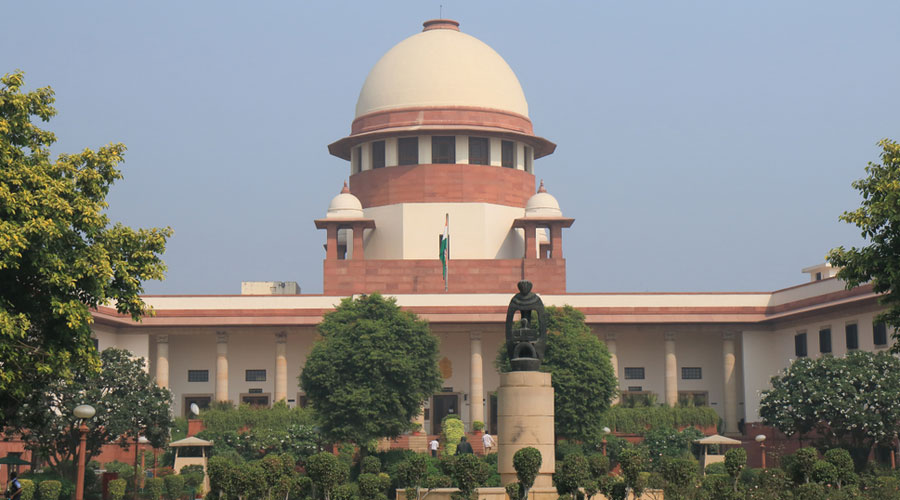The Supreme Court on Wednesday upheld the order of “compulsory retirement” imposed on a Railway Protection Force sub-inspector for loss of public property, saying a police officer is expected to maintain “high standards of integrity”.
“A police officer in the Railway Protection Force is required to maintain a high standard of integrity in the discharge of his official functions. In this case, the charges proved against the respondent ‘were of neglect of duty’ which resulted in pecuniary loss to the railways,” a bench of Justices D.Y. Chandrachud, Indu Malhotra and K.M. Joseph said.
“The respondent was a subinspector in the railway police discharging an office of trust and confidence which required absolute integrity. The high court was therefore not justified in setting aside the order of compulsory retirement, and directing reinstatement with consequential benefits, and payment of back wages to the extent of 50 per cent,” the apex court added.
The court passed the ruling while allowing an appeal filed by the RPF challenging a Bombay High Court order setting aside the compulsory retirement in December 2007 of subinspector Rajendra Kumar Dubey after a disciplinary inquiry found him guilty of negligence in preventing theft of railway properties such as trolleys.
The high court had, on an appeal filed by Dubey, set aside the order of compulsory retirement and directed his re-instatement with the payment of half of the wage arrears.
Aggrieved, the RPF had filed an appeal in the Supreme Court.
Writing the judgment, Justice Malhotra noted that Sec¬tion 11 of the Railway Protection Force Act, 1957, provides that it shall be the duty of every superior officer and member of the force to protect and safeguard railway properties and passengers.
“The primary object of constituting the Railway Protection Force is to secure bet¬ter ‘protection and security of railway properties’. The restricted power of arrest and search conferred on members of this force is incidental to the efficient discharge of their primary duty to protect and safeguard railway property, and to uphold the law,” the bench said.
The court added that the finding of guilt by the disciplinary authority was based on materials on record and the high court was not justified in reappraising the entire evidence threadbare and substituting the order of punishment with a lesser punishment without justifiable reason.
“The high court under Article 226 of the Constitution is not a court of appeal over the decision of the authorities holding a departmental enquiry against a public servant. It is not the function of the high court under its writ jurisdiction to review the evidence, and arrive at an independent finding on the evidence,” the Supreme Court said.
“The high court may, however, interfere where the departmental authority which has held the proceedings against the delinquent officer is inconsistent with the principles of natural justice, where the findings are based on no evidence… were actuated by some extraneous considerations and failed to reach a fair decision, or allowed themselves to be influenced by irrelevant considerations, or where the conclusion on the very face of it is so wholly arbi¬trary and capricious that no reasonable person could ever have arrived at that conclusion.
“If, however, the enquiry is properly held, the departmen¬tal authority is the sole judge of facts, and if there is some legal evidence on which the findings can be based, the ade¬quacy or reliability of that evidence is not a matter which can be permitted to be canvassed before the high court in a writ petition,” the top court added.










